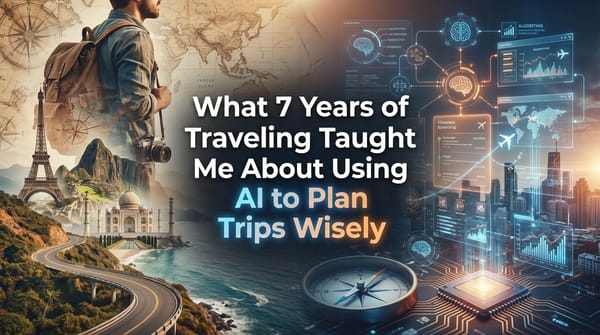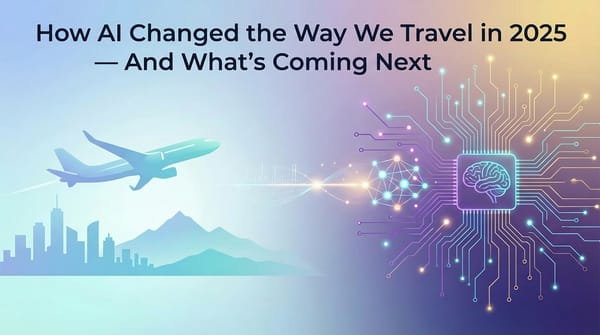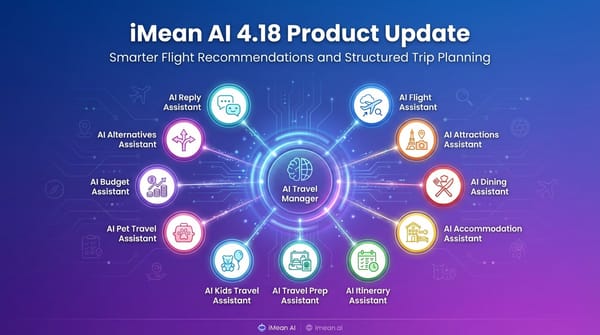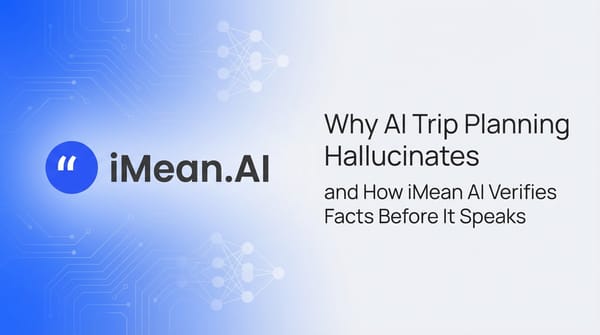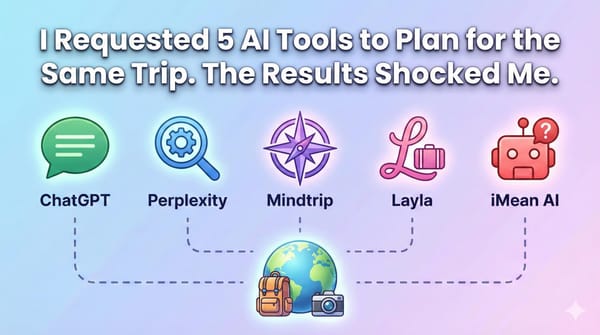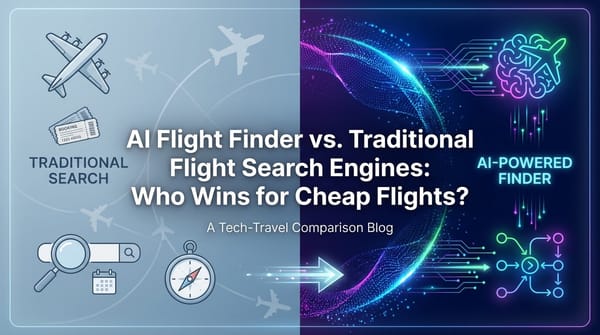AI trip planning tools are finally moving from novelty to necessity and there is an AI travel assistant called iMean AI shows how AI can genuinely make travel planning easier. In this article I’ll walk through routine travel pain points mainstream models like ChatGPT haven’t yet solved, how iMean AI bridges that gap, and what this shift means for ordinary travelers. By the end you'll able to tell whether to try the AI trip planning tools actually work.
What ChatGPT Still Misses On Travel Planning
I’m a fan of ChatGPT, but it's not a silver bullet for travel. Tools like ChatGPT and Gemini are brilliant at exploring options, making itineraries, and answering questions to travel especially when you feed them good ChatGPT travel prompts. But they usually forget one thing most travelers need: reliable and executable bookings tied to live availability.The problem is not intelligence but integration. Flight prices, seat maps, minimum connection times and baggage rules change constantly, and a useful travel product has to account for that in real time.I can tell that most users don’t want a clever itinerary that looks great on paper but is impossible to purchase or risky to execute. That’s where the difference between ChatGPT and iMean AI becomes obvious. That practical gap is why specialized AI trip planning tools are suddenly valuable: they translate intent into transactions without dropping the user into a chaotic scramble of search pages.
Design rules that make a planner useful in the real world
From what’s worked for me and what I’ve seen people actually use, the useful travel products follow a short checklist:
- Capture trade-offs conversationally. Don’t force people into tiny checkboxes for preferences they don’t have time to specify.
- Use live data. If fares and schedules aren’t live, the suggestion is likely brittle.
- Explain recommendations in plain language. People choose faster when they understand the “why.”
- Make booking frictionless. A great suggestion is useless if you can’t buy it quickly.
- Support the whole trip lifecycle. Post-booking monitoring, rebook nudges, and disruption handling are where real value shows up.
When you hit these basics, travel planning stops being a hunt and becomes a plan.
iMean AI’s core product strengths
iMean AI’s current core features read like the checklist I want from a travel companion: AI itinerary planning, shareable itinerary pages, flight and hotel search, destination inspiration, and granular recommendations for sights, activities, restaurants, and hotels. But the difference is in how those features are implemented.
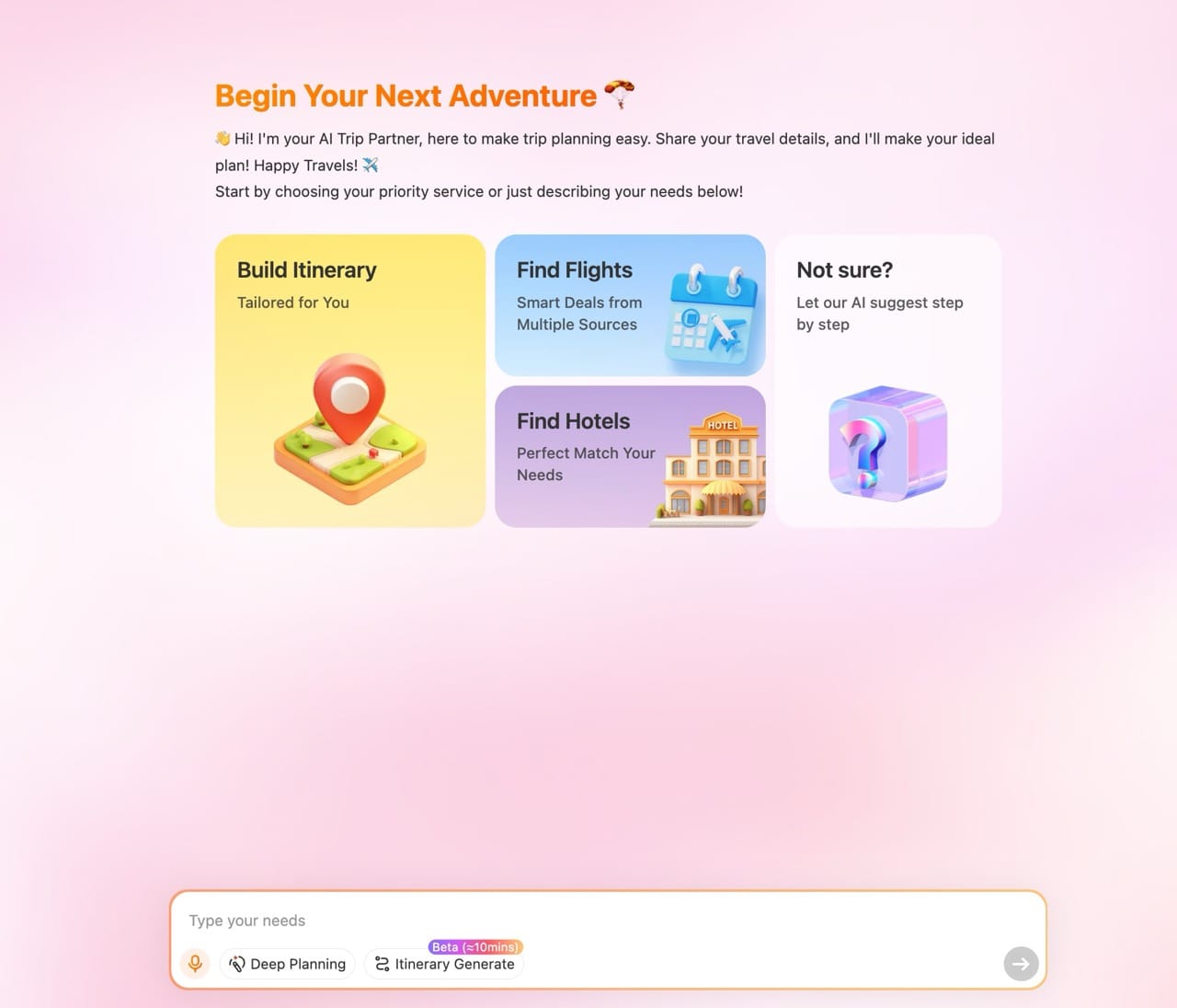
- AI itinerary planning and shareable links: iMean turns a conversational plan into a structured itinerary and generates a sharable link you can send to travel companions. That single link keeps everyone on the same page and avoids the mess of screenshots and email chains.
- Flight planning: iMean scans live prices across the web, recommends the best one‑way and round‑trip fares, supports multi‑destination routing, and lets you run flexible‑date searches. Its engine is tuned to surface the cheapest workable fares while flagging connection risks and single‑ticket protections.
- Hotel search: iMean’s AI‑driven search engine filters hotels by price, amenities, and exact geography so you can find luxury resorts, boutique stays, or budget options quickly. It shows realistic location context (what’s walkable, what isn’t) rather than vague star ratings alone.
- Travel inspiration and recommendations: need things to do? iMean offers tailored suggestions for destinations, attractions, activities, restaurants, and hotels based on your stated vibe and constraints.
What iMean AI does that general-purpose tools don’t
When I tried iMean AI, what hit me first was how it folded messy travel work into a simple chat. You tell it things like “I want a slow trip through Portugal, under $1,200, max two stops,”. Then it returns routes according to airline schedules, legal connection times and your preference.An AI travel assistant worth using needs three tight loops: understand the user, consult current and real market data, and return options can exactly act on. iMean AI’s workflow combines conversational preference collection with live data and constraint-aware ranking.Instead of manually comparing dozens of search results, you get a handful of tips with short plain-English notes: “book Alhambra tickets online 24h in advance', 'Spanish lunch is 2-4pm - perfect for post-museum coworking', 'Beachfront restaurants in Málaga require sunset reservations' and so on.That kind of judgment where the machine weighs risk, cost and convenience is what separates a planner from a chat toy.
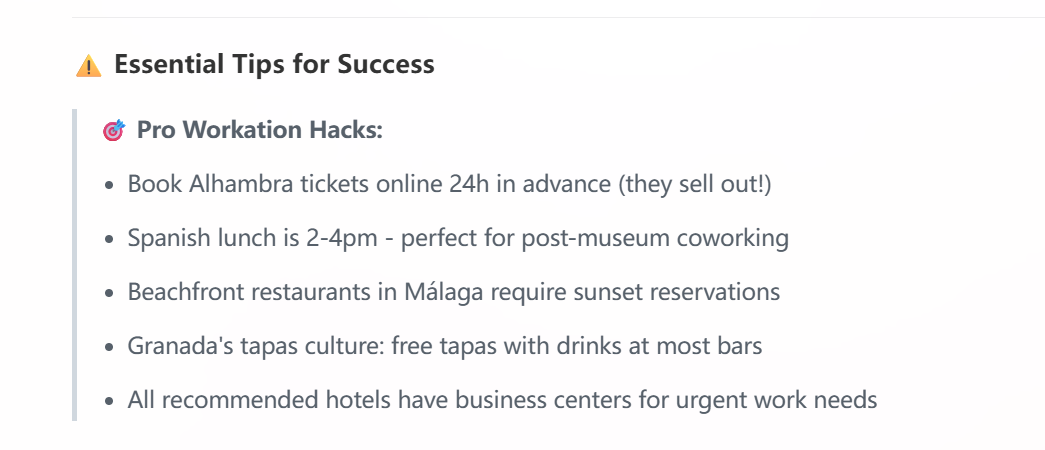
A practical example: saving time and avoiding surprises
I recently planned a short multi-city trip where the difference between iMean AI, the AI trip planning tool and ChatGPT.iMean AI surfaced a single-ticket option that included a short internal connection but protected me under the carrier’s same-ticket policy; it also recommended a slightly longer initial layover when I chose to check a bag. ChatGPT with travel prompts showed lower fares on separate tickets, which looked cheaper until I simulated a delay and discovered the downstream risk. In the end, I paid a modest premium and avoided a potential 12-hour travel day. That’s a real, tangible win and exactly the kind of everyday improvement that makes an AI travel assistant worth using.
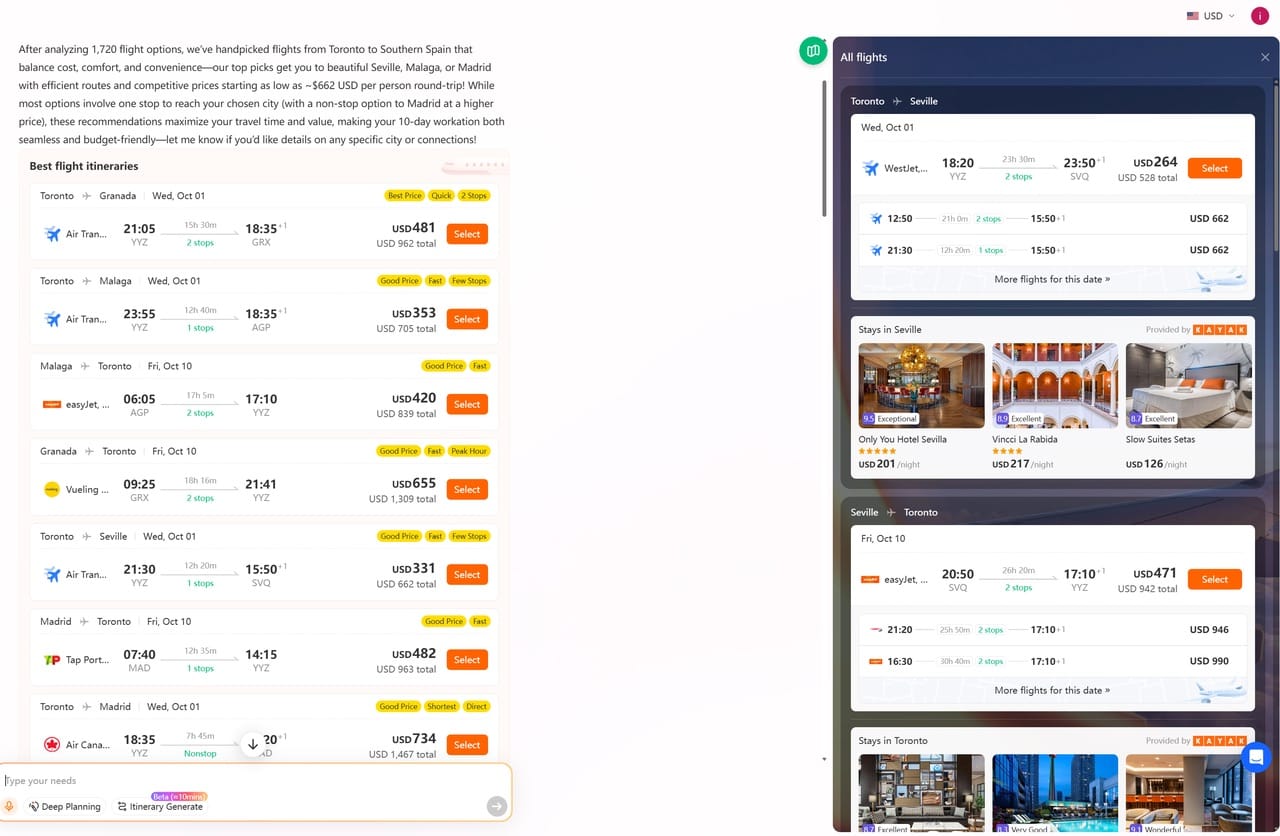
Why iMean feels like a turning point
iMean AI isn’t just another travel app. It’s the first product in a while that felt designed around messy human preferences instead of a textbook search flow. It listens in natural language, makes defensible, explainable trade-offs, and keeps working after you click. The combination that conversational ease plus live operational capability is what turns novelty into a daily habit.
What to expect next as these systems mature
Expect more hybrid workflows. LLMs will get better at prompting and personalization, and specialized planners will become more conversational. You’ll see features like multi-city auto-optimization, smarter cancellation and rebooking suggestions, and the kind of continuous price-watch and disruption handling that used to be reserved for corporate travel desks. Transparency and privacy will become selling points as much as accuracy.
A final take: use the right tool for the right job
If you want a trip that actually happens the way you picture it, hand the plan to iMean AI, the dedicated AI travel planner. The best travel experiences come when inspiration and execution are tightly linked: iMean AI is not only brilliant at inspiration but also makes the whole itinerary reliable. That’s the moment AI trip planning tool stop being a novelty and starts being something you’d recommend to friends.
Turn your travel ideas into real plans!
Let iMean AI handle live flight data, hotel searches, and itineraries that fit your time, budget, and comfort.



